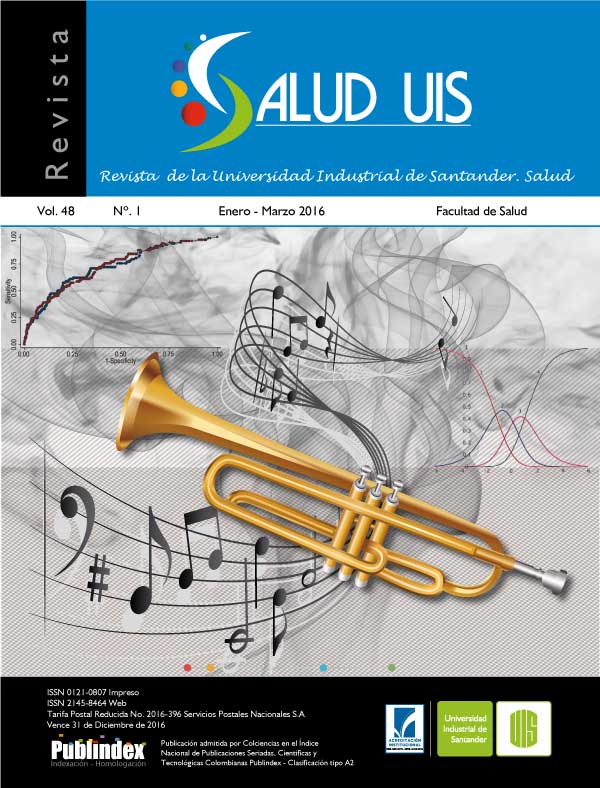Abstract
Biomedical research aimed at the preservation of health and disease management requires nowadays a bidirectional and articulated collaboration between basic and clinical work, which has generated a new trend called translational research. This type of research is based on the ability to provide timely, relevant, effective and personalized healthcare, for which biological samples, and associated clinical information are required, while ensuring safety, quality and confidentiality for donors. In order to promote translational research and the application of the advances in knowledge and technology from research and innovation, the support of accessible infrastructure is required to facilitate the rapid experimental demonstration of a hypothesis or testing a previously simulated model. Among the diverse biomedical and healthcare existing platforms, the Biobanks, in their various forms constitute one of the most attractive platforms contributing to establish bridges between the basic and clinical research with the clinical practice. The need for human biological samples of high quality, and at the same time, the obligation to preserve the rights of donors, has raised the Biobanks’ management to the scientific and technical category, with the added particular complexity of involving multiple aspects including scientific, ethical, legal, and social factors. This series of articles that will be published in different issues of the magazine in 2016, aims to make a critical review of the most relevant aspects regarding the management of Biobanks for research, and to propose a series of guidelines for the management of human biological material as developed by the program Cardiecol.
Se autoriza la reproducción total o parcial de la obra para fines educativos, siempre y cuando se cite la fuente.
Esta obra está bajo una Licencia Creative Commons Atribución 4.0 Pública Internacional.
